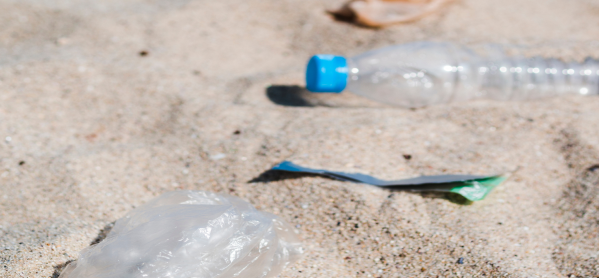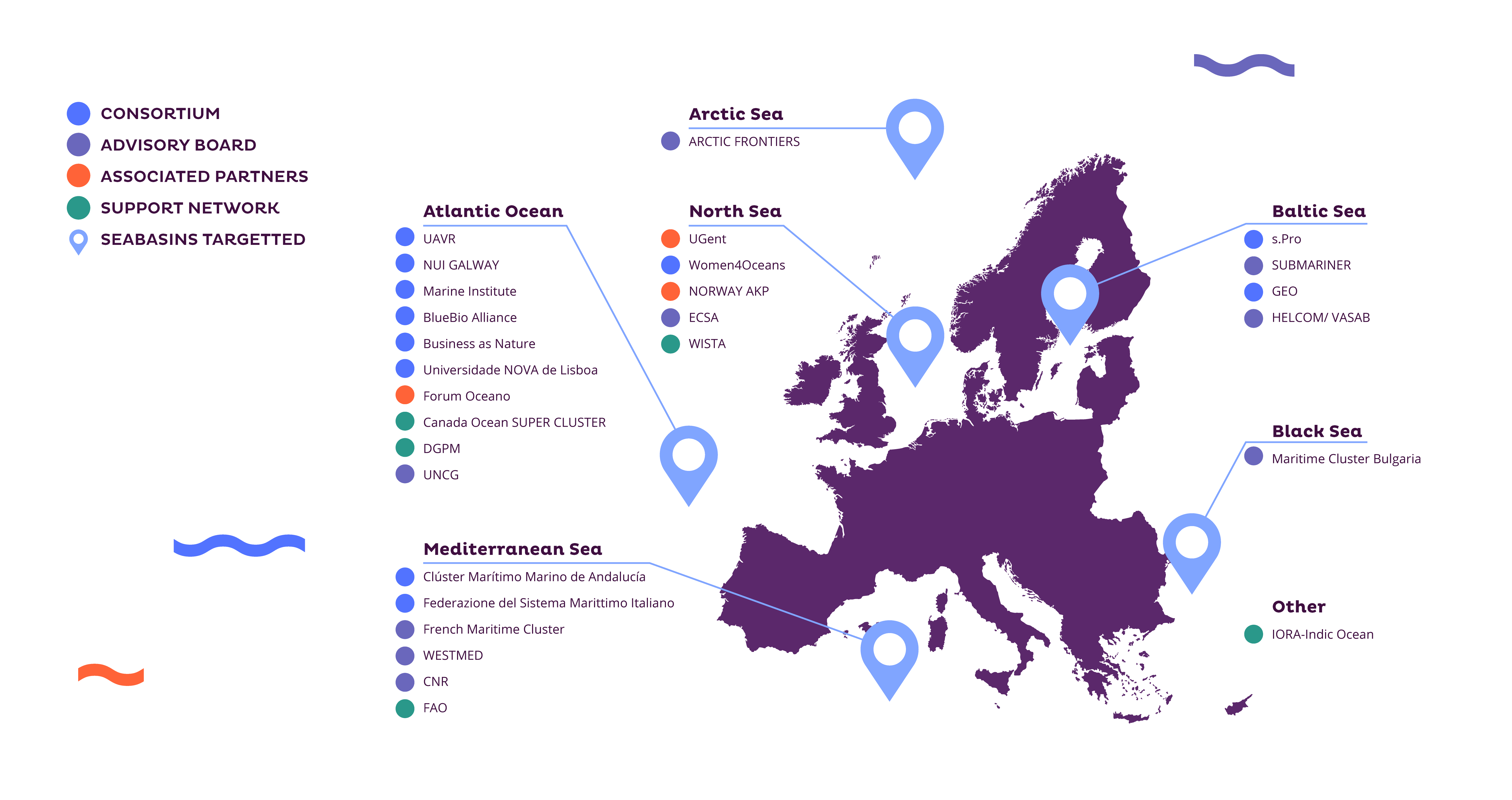Our work
What we do
Whether they want to become marine biologists, ship cruise captains, or surfers, we want to help women to enter and climb their career ladder in the blue economy, fulfilling their ambitions and inspiring them to dream big.
Using a bottom-up approach, we aim to advance current knowledge on gender issues across BuE sectors in EU and bring forward new ideas and solutions to build on women professional skills and potential.

Work packages
 Mapping and Intelligence Gathering
WP2
Mapping and Intelligence Gathering
WP2
 Linking and Networking
WP3
Linking and Networking
WP3
 Boosting and Capacity Building
WP4
Boosting and Capacity Building
WP4
We deliver capacity-building and training initiatives for women to support innovation and sustainability in BuE, including women learning labs, female-centered acceleration programs and basin-specific e-learning tailored to the identified geographical skillsets need. Through our regional and transnational networks, we aim to further engage and leverage female BuE workforce capacities across Europe and encourage women’s participation in decision-making positions and entrepreneurship.
 Sharing and Nurturing
WP5
Sharing and Nurturing
WP5
Our focus
-
Blue bioeconomy is a large group of sectors, encompassing blue biotechnology, sustainable aquaculture, food production and similar activities. It refers to the use of renewable, living aquatic resources such as algae, sponges, fish, crustaceans and microorganisms for economic growth and job creation, while also preserving and restoring the ocean ecosystem. It is a crucial area for investment and innovation to support the transition towards a more sustainable and circular economy.
-
Blue sports and sustainable tourism, such as surfing, sailing or diving, aim to promote green activities in coastal and marine areas that contribute to the conservation and sustainable use of marine resources while also providing economic benefits, accelerating the green and digital transition and improving resilience
-
Marine energy and robotics focus on developing and deploying innovative technologies that harness the power of the ocean to generate clean energy while also reducing the environmental impact of offshore activities. Robotics play a crucial role in this effort by enabling remote monitoring, maintenance, and repair of offshore energy infrastructure.
Sea basins

